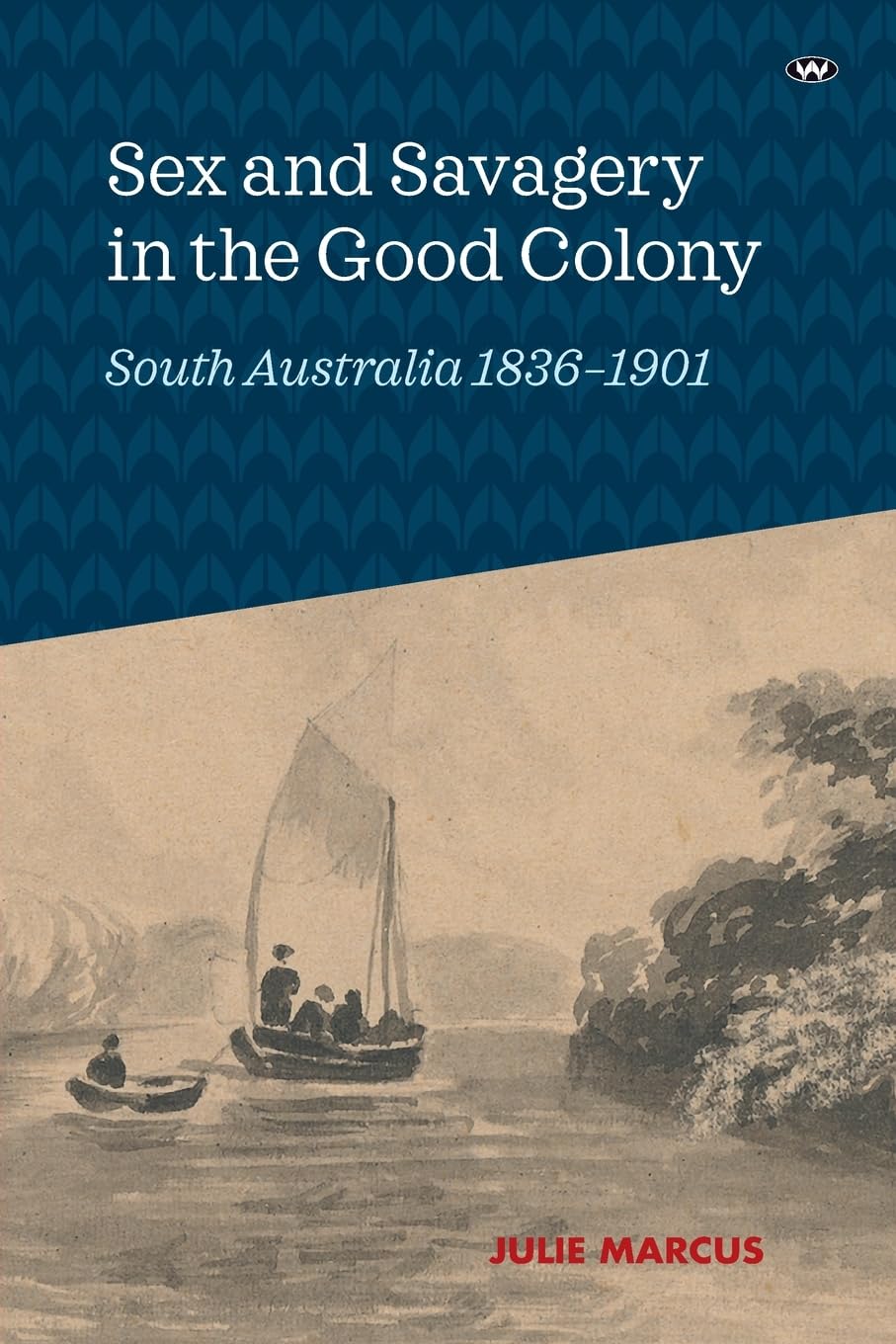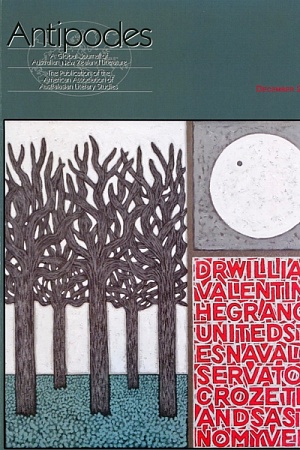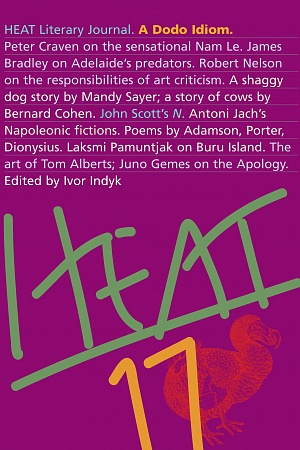Meanjin Quarterly: Volume 79, Issue 2
Melbourne University Press, $24.99 pb, 220 pp
Meanjin Quarterly: Volume 79, Issue 2 edited by Jonathan Green
In the winter issue of Meanjin, some of Australia’s best writers, including Sophie Cunningham, Lucy Treloar, and Jennifer Mills, grapple with the climate emergency and our relationship to place in these days of coronavirus and the summer that was.
One of the delights of a literary journal is the way that bringing pieces together can seem to prompt a conversation. Sometimes, however, this highlights a disparity. This issue’s cover essay, Lucia Osborne-Crowley’s ‘Depreciated: The Price of Love’, recounts, in the wake of a breakup, how the author subsumed her sense of self to the relationship in a way her partner did not. The gendered nature of this dynamic is ostensibly the essay’s focus, but I was left feeling impatient with the wan observations. Later in the issue, Elizabeth Flux’s ‘Call Him Al’ reads as a riposte: Flux has her protagonist undergo the transformation that Osborne-Crowley means to examine. The short story’s uncanny allegorical twist expresses much more that is vital, and it is aided by far greater technical assurance, imagination, and pathos. Meanwhile, high points of Peter Lewis’s analysis of how the web might evolve in Australia – including how Uber’s frankness about its non-compliance with the law has, thanks to a quirk of Australian common law, meant that a class action can be brought against them – are unfortunately overshadowed by the perplexing editorial decision to let stand a series of outrageous analogies to Indigenous dispossession in which tech titans are cast as colonisers and Indigenous Australia has ‘problems’.
And the standouts? Alexis Wright continues her remarkable exploration of sovereignty in literature, bringing to bear a cosmopolitan Indigenous worldview. Fatima Measham’s exquisitely written and researched ‘Time in the Antipodes’ is a meditation on time that blends the personal with the political, historical, and geological; it synthesises vastly different chronologies to contemplate the current moment, including time as hindered or facilitated by the state, time under capitalism and according to Australian employment laws, and time for the ecosystems that went under the flame this summer. Emerging writer Muhannad Al-wehwah’s memoir ‘Mixtape–Side A’ is a beautifully balanced piece that juxtaposes a history of cassette-tape manufacturing with their role in his childhood and the connection they provided to family in Australia, Palestine, and Lebanon.











Leave a comment
If you are an ABR subscriber, you will need to sign in to post a comment.
If you have forgotten your sign in details, or if you receive an error message when trying to submit your comment, please email your comment (and the name of the article to which it relates) to ABR Comments. We will review your comment and, subject to approval, we will post it under your name.
Please note that all comments must be approved by ABR and comply with our Terms & Conditions.